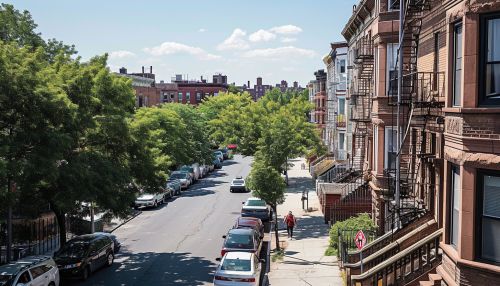Tarana Burke
Early Life and Education
Tarana Burke was born on September 12, 1973, in The Bronx, New York City. She was raised in a low-income, working-class family. Burke's mother was a passionate advocate for human rights, which influenced Burke's path towards activism from a young age.
Burke attended Alabama State University, a historically black university, where she earned her degree in Political Science. During her time at university, she became heavily involved in student activism, focusing on issues such as racial injustice and economic inequality.


Career and Activism
After graduating, Burke moved to Selma, Alabama, where she worked for the 21st Century Youth Leadership Movement, an organization dedicated to nurturing and inspiring young leaders. This experience exposed her to the harsh realities of sexual violence and abuse faced by young women in marginalized communities.
In 2003, Burke founded Just Be Inc., a non-profit organization aimed at promoting the wellness of young women of color. Through her work with Just Be Inc., Burke started using the phrase "Me Too" as a means of providing support and solidarity to survivors of sexual abuse.
#MeToo Movement
The #MeToo movement, initially a grassroots movement started by Burke, gained global recognition in 2017 when actress Alyssa Milano used the hashtag #MeToo on Twitter in the wake of the Harvey Weinstein sexual abuse allegations. The phrase was initially used by Burke to unify survivors of sexual assault, particularly young and vulnerable women of color from low wealth communities.
The movement has since grown into a global campaign against sexual harassment and assault, with millions of people using the hashtag to share their stories or to express solidarity with survivors.
Recognition and Impact
Burke's work in the fight against sexual violence has been widely recognized. In 2017, she was named as one of the "Silence Breakers" by Time magazine, collectively recognized as Time's Person of the Year for their role in sparking the #MeToo movement.
Her work has had a significant impact on the discourse around sexual violence, shifting the focus from victim-blaming to systemic change. She has been instrumental in highlighting the intersectionality of sexual violence, emphasizing that race, class, and gender all play a significant role in the prevalence and perception of sexual assault.
